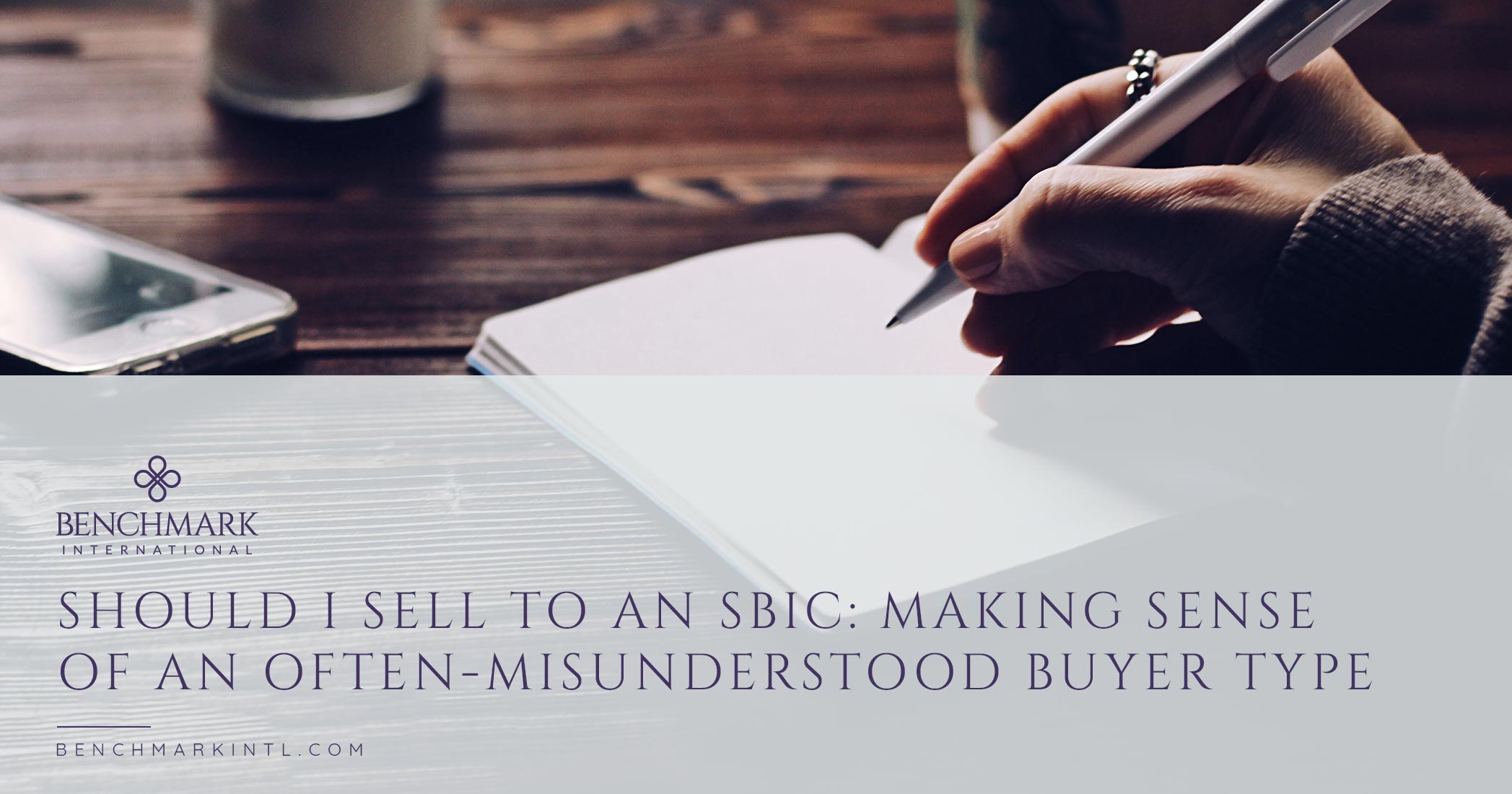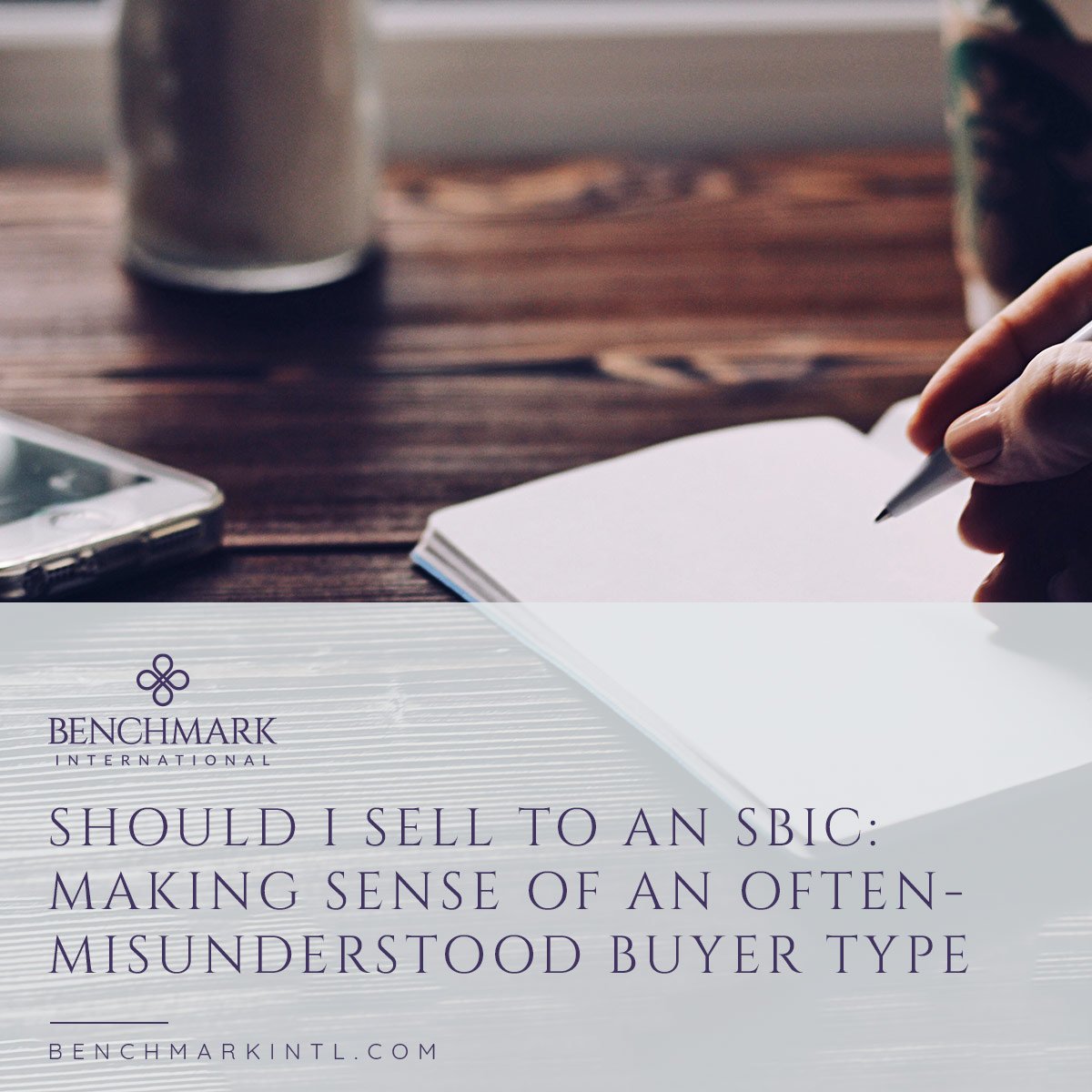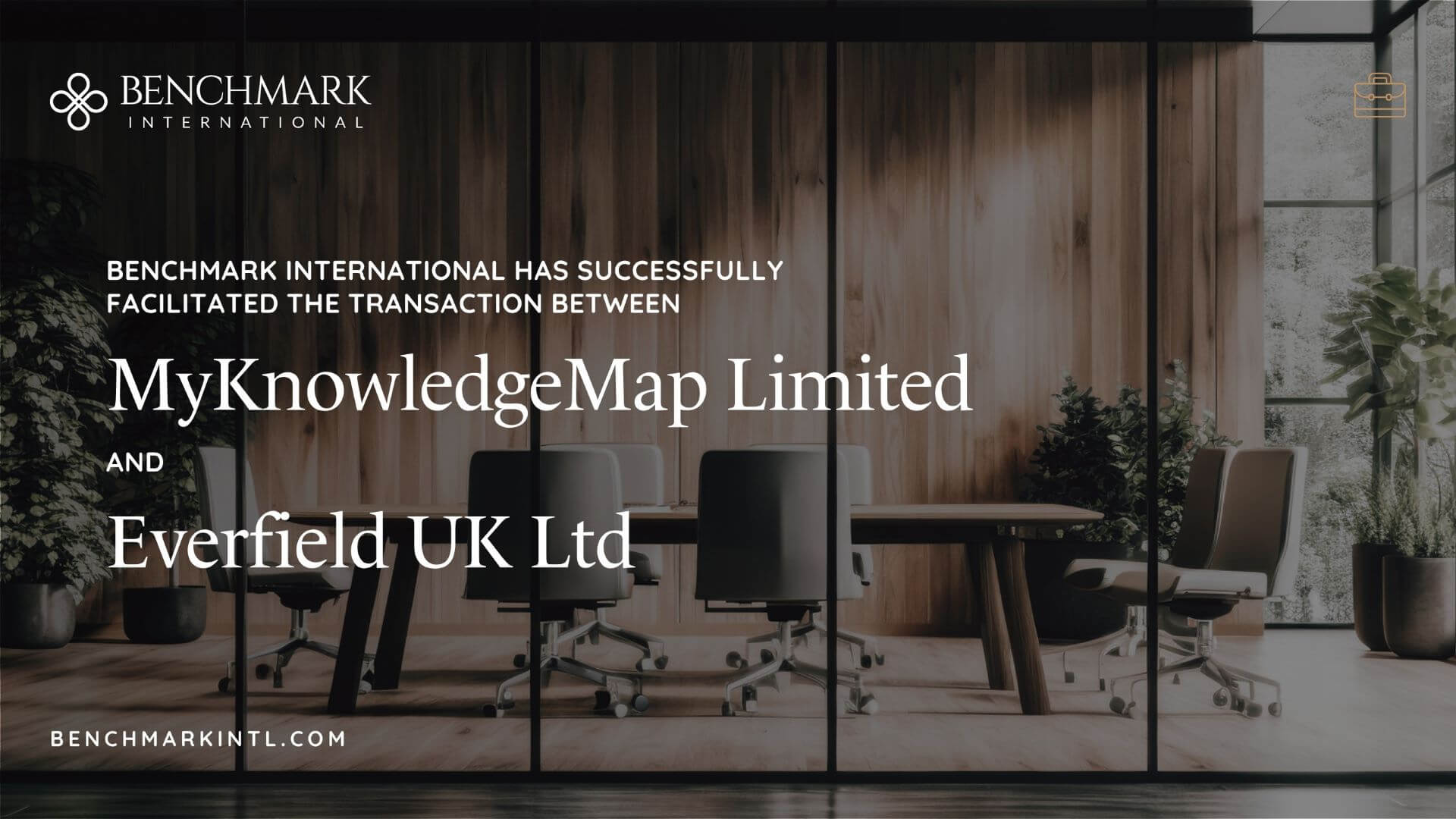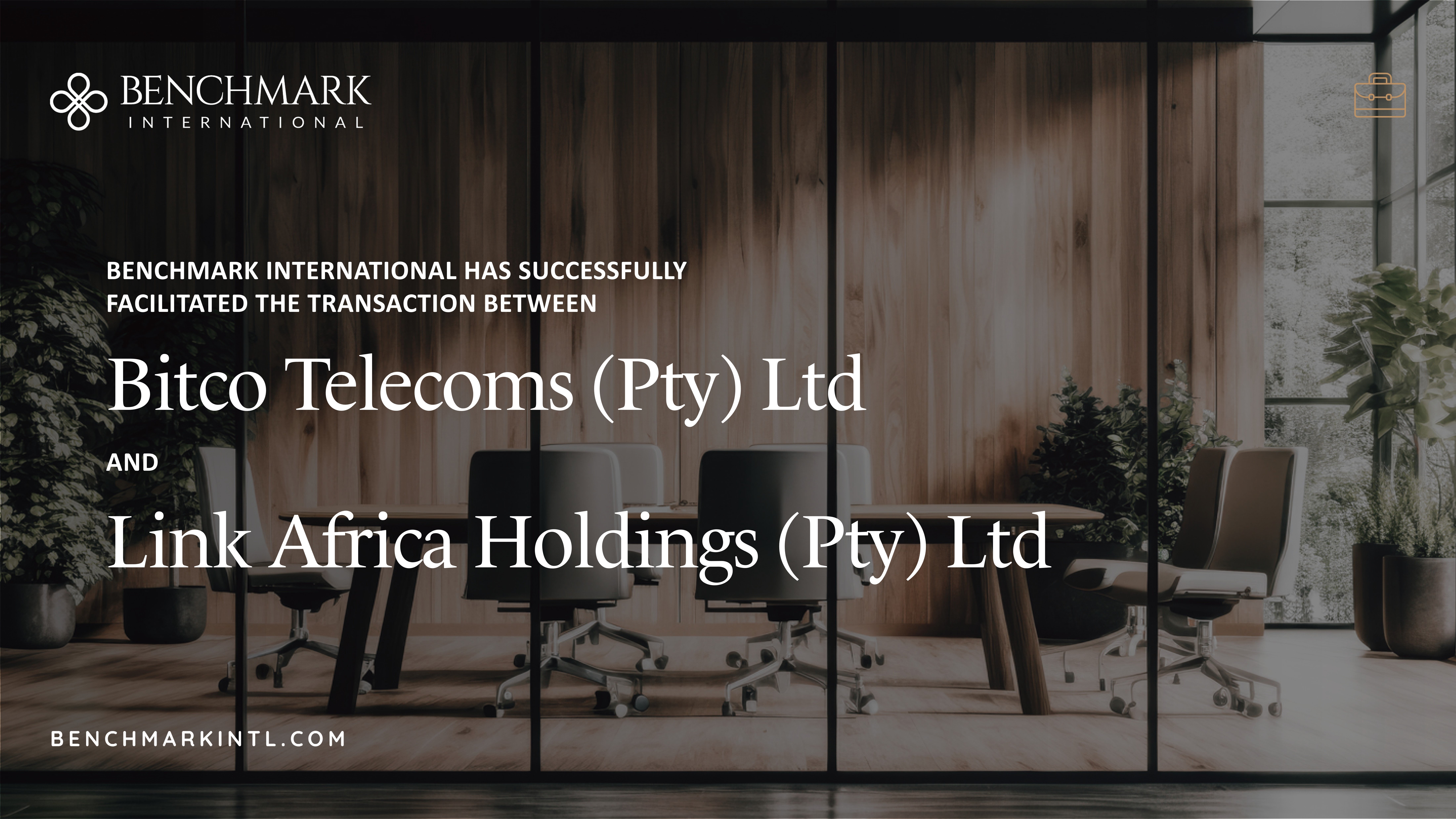
Many business owners are already aware of the myriad loan programs offered by the Small Business Administration (SBA). The lower market is saturated with buyers who frequently and successfully turn to the SBA for financing a transaction. For all its benefits, however, the SBA’s maximum check size can prove restrictive in how much a company can sell for. Additionally, the SBA requires that sellers exit their business within one-year post-close, which can shut out sellers who want to be part of the company for a longer period and watch it grow.
To bridge the gap between buyers and the broader market of sellers, the SBA created a robust, multi-billion dollar lending program designed to motivate the acquisition of lower-middle market companies. To meet their objective, the SBA began licensing a new class of buyers: the Small Business Investment Company (SBIC).
SBICs are committed-capital funds that start by raising money from limited partners before deploying it via a series of investments in lower-middle market companies with less than $6 million in net income and at least 51% of their employees in the United States. These investments can come in the form of either debt financing or straight equity purchases, with the latter being commonly used to help SBICs build a portfolio of companies that they own and help operate on a day-to-day basis.
The traditional SBA loan instrument is famous for providing buyers with up to $4.5 million in debt financing on the condition that buyers lose access to other important transaction instruments, such as seller notes, earnouts, and equity rollovers. Commercially speaking, these instruments typically play a major role in facilitating transactions by providing a more equitable outcome for all parties involved. Losing access to these instruments can, at times, interfere with deal completion. Unlike SBA loan-based buyers, SBICs have access to debt up to $175 million for the purposes of acquiring companies and have comparatively few limitations on other tools that help get a deal done. As a result, SBICs experience superior flexibility in pushing a deal over the final ten-yard line. Sellers are likely to be better compensated for their companies and on more mutually acceptable terms. The low cost of debt associated with SBICs translates to more cash on their balance sheet post-close—leaving more cash available for growth, fostering a stronger buyer-seller relationship, and helping to secure the seller’s legacy.
The success of SBICs goes beyond financial capacity, however. To become a licensed SBIC, its founders must undergo SBA scrutiny that will question their experience, background, industry knowledge, and fortitude to run an investment firm—which is a much higher barrier to entry than is faced by many buyers. Furthermore, the incentive to help their acquisitions succeed is heightened for an SBIC because, if they make poor choices, they will not only have to deal with angry shareholders but also will face ramifications from the SBA. As a result, starting an SBIC can be as difficult as opening a federally chartered bank. A final, critical requirement for becoming a licensed SBIC is that the founders must have significant experience either investing in or running small business investments; meaning, as buyers, an SBIC manager is more likely to relate to the daily highs and lows associated with running a company and can provide valuable insight based on lived experience.
When it comes to selling your business, choosing the right buyer is crucial. If you’re looking for someone to take your company to the next level, to help it grow, to set you up for a better exit, then the capabilities of an SBIC are hard to match.
According to the SBA, top brands such as Under Armour, Chipotle, Staples, and Apple benefited in their youth from SBIC funding. If your small business meets the eligibility requirements for an SBIC investment, this buyer class could substantially improve your company’s growth and help build a strong, recognizable brand.
Americas: Sam Smoot at +1 (813) 898 2350 / Smoot@BenchmarkIntl.com
Europe: Michael Lawrie at +44 (0) 161 359 4400 / Lawrie@BenchmarkIntl.com
Africa: Anthony McCardle at +27 21 300 2055 / McCardle@BenchmarkIntl.com
ABOUT BENCHMARK INTERNATIONAL
Benchmark International’s global offices provide business owners in the middle market and lower middle market with creative, value-maximizing solutions for growing and exiting their businesses. To date, Benchmark International has handled engagements in excess of $6B across various industries worldwide. With decades of global M&A experience, Benchmark International’s deal teams, working from 12 offices across the world, have assisted hundreds of owners with achieving their personal objectives and ensuring the continued growth of their businesses.
Website: http://www.benchmarkintl.com
Blog: http://blog.benchmarkcorporate.com

 Benchmark International
Benchmark International  Benchmark International
Benchmark International 





